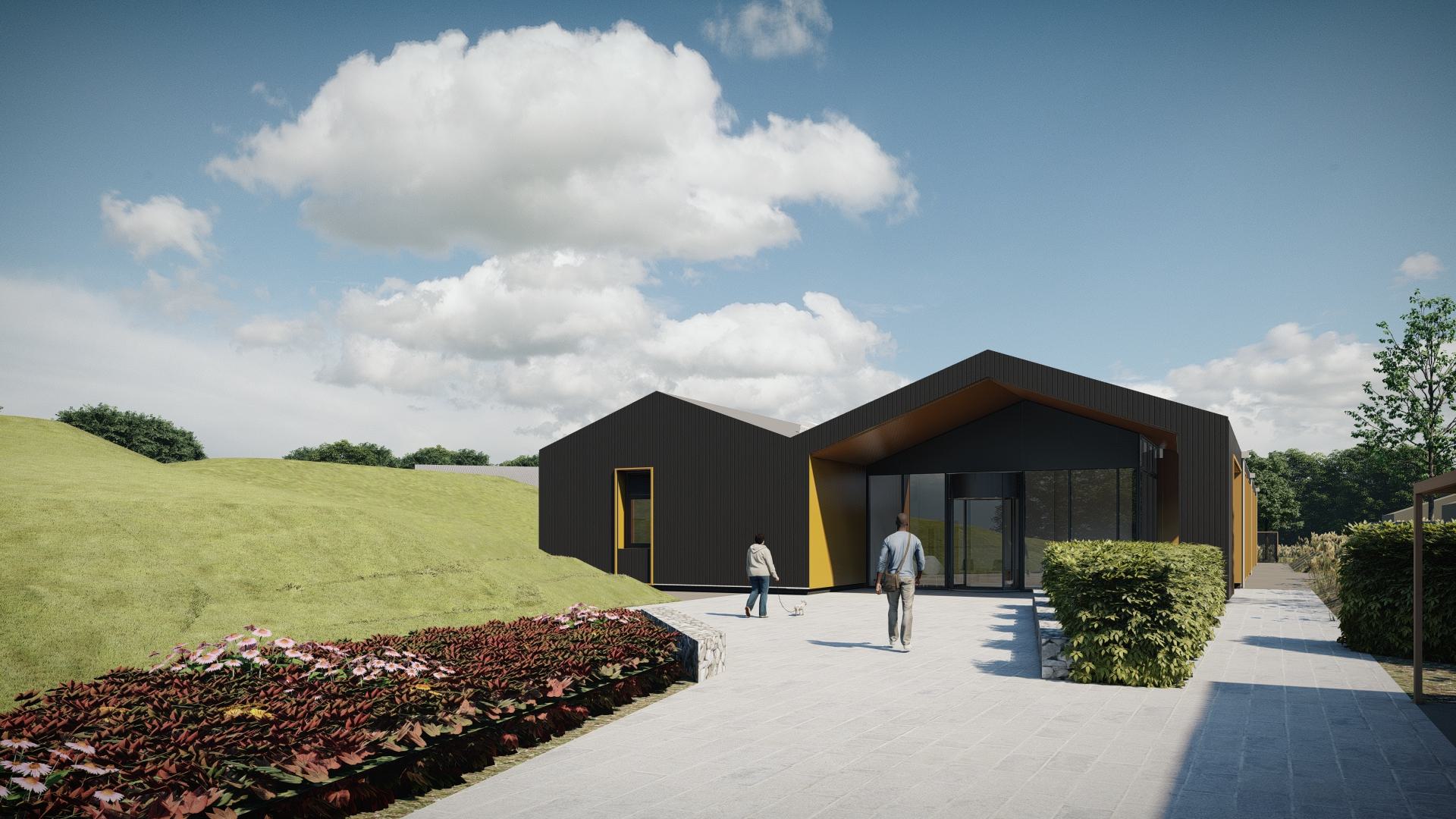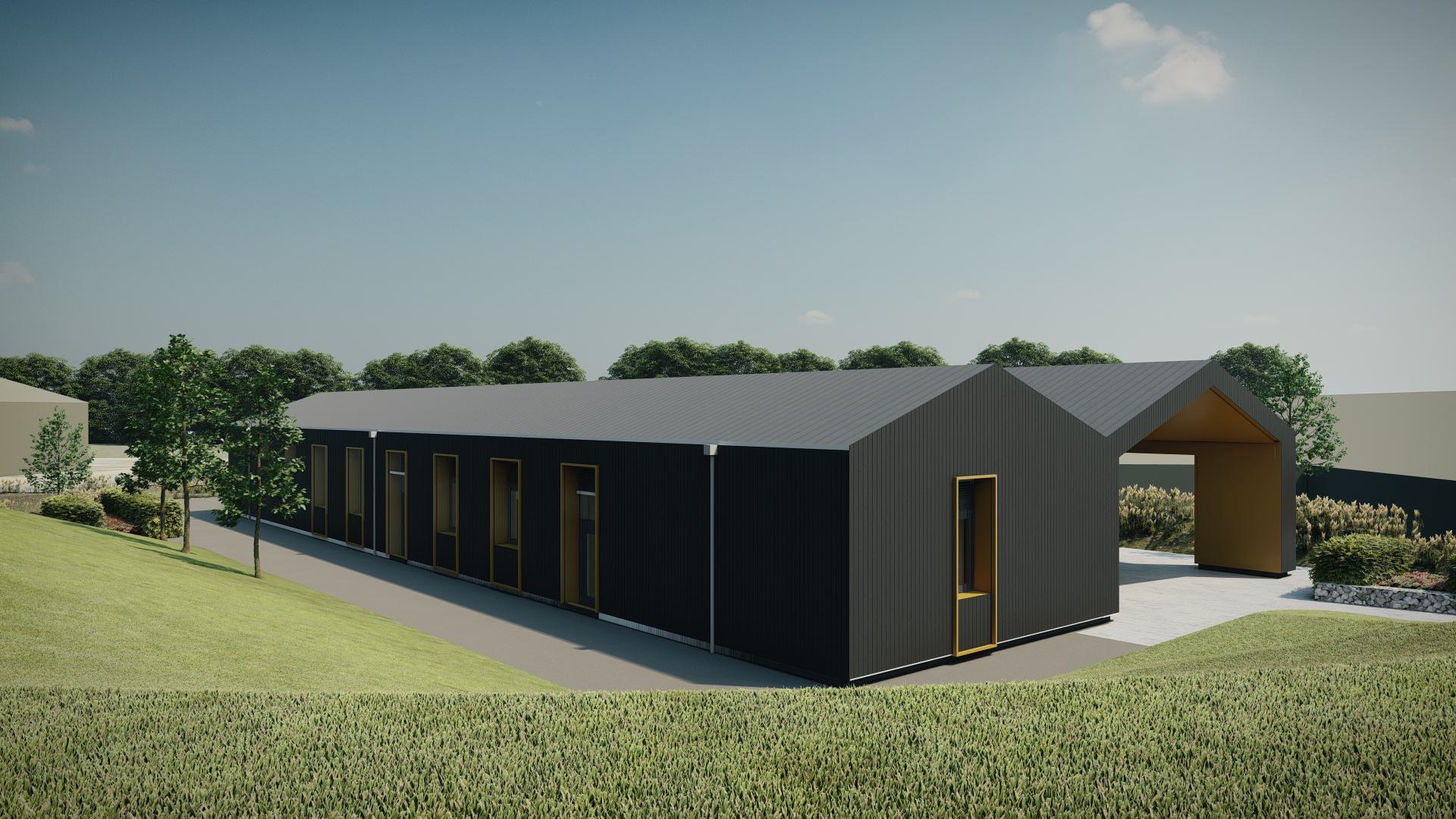News
RICS Award Nomination for CPMG Designed Mock Vets Practice at the University of Nottingham
Back to news & insights
18 Mar 2024
A mock vets practice certainly isn’t a design job that comes around every week. For us, the mock vets practice at the University of Nottingham’s Sutton Bonington campus was a first for our design team when we were appointed to the project in March 2021.
Following the £3 million project’s completion in October 2023, it has now received a RICS nomination in the public sector category. In this article, we delve further into the story of the project and design - and why it is now award-nominated.

Design background
In support of the university’s aim to close the skills gap currently facing the veterinary industry, the finalised building has allowed the university to double its intake. The facility's design includes a full practice and space for general teaching, alongside spaces for both small animals and larger livestock.
As with our healthcare projects, optimal hygiene had to be considered in the design as a key element when considering animal and veterinary care.
Sustainability standards
The project team worked with the University to support its net zero carbon strategy, showcasing how optimal sustainable elements for the building could be achieved, in line with both operational and embodied carbon.
In what was a more bespoke choice with the sustainable goals in mind, Glulam timber framing was the chosen structure for the project, with the engineered wood beams proving to be the best option when looking to keep embodied carbon to a minimum. As an unusual but trailblazing option, the structure choice showcases the re-emergence of timber framing as an option for projects when reducing carbon emissions is a design priority.
The finalised project has since achieved a BREEAM rating of ‘Excellent’, as well as exceeding RIBA’s 2023 targets for embodied and operational carbon.
Challenges
The original project timeline saw extensions made due to the shockwaves felt in the industry due to the ongoing COVID-19 pandemic at the time, including issues such as scarcity of materials.
Due to the concern felt within the built environment, our design team worked closely with the university to redesign areas of the projects in a fast-paced and consistent manner where needed. Re-design also took place in relation to the building's placement due to unforeseen site conditions including contaminants that needed to be navigated.
Through both the successes and the challenges seen within the project, the final result showcases some of the best elements of architecture, adaptability and project management. We’re looking forward to seeing the result of the RICS nomination!
